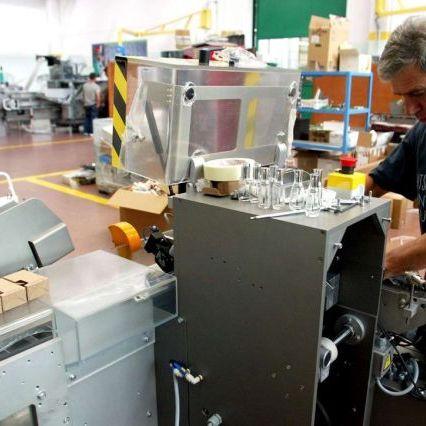
The short week promoted in Great Britain by workers and businessmen – The experiment lasted for 4 working days a week – with the same salary – in 70 British companies (from companies in the commercial sector, even small ones, to financing companies) for a few months. The results on productivity and physical and mental well-being have been positive, according to the 4 Days a Week Global Movement Report.

Reduced absenteeism, slightly fewer resignations, satisfaction with rediscovering work-life balance, and increased revenue by an average of 8% in companies that joined the no-work-on-Fridays plan. The results have since been published financial times.

comments – “Before the pandemic, the idea of a 4-day week was still a fringe concept – explained Joe O’Connor, managing director of 4 Day Week Global, in financial times. – The impact of the pandemic has driven the Four Days Movement.” Thus, Covid, which had already led to flexibility at work, would have made the project of reducing working hours increasingly concrete.
“The test in the fire is to increase productivity by 25% in 4 working days: a colossal goal,” he stressed. financial times John Boyes is a labor economist at the Chartered Institute of Personnel and Development.

Numbers – The Irish pilot project, for example, was implemented in 33 companies, with 903 workers involved. Partner in the nonprofit 4 Day Week Global event with Boston College and the University of Cambridge, as well as Dublin Local Academy.
And in this case, 27 companies decided, at the end of the experiment, to continue the short week with the same salary, because they were satisfied with the productivity of the workers and their results, as well as with the revenues that increased for some by as much as 38% compared to the previous year.
Moreover, 97% of the 495 employees who answered the end-of-project survey said that they were completely satisfied with the innovation that was introduced, because they were less stressed and tired and with tangible improvements in physical and mental health.
The short week in the world – Since 2019, in Japan, Microsoft has given an extra day off per week to its employees and has increased productivity by +40%.
in IcelandAfter short trials conducted between 2015 and 2019, in 2021 there will be 2,500 employees with reduced working hours at a rate of 35 or 36 hours per week, without reducing their salaries.
In Belgium, at the beginning of 2022, the short working week is gradually introduced, but with the same hours concentrated in four days instead of five. An employee who requests it is entitled to a 6-month trial period before final enrollment. Similar experiments are underway in Spain.

“Reader. Travel maven. Student. Passionate tv junkie. Internet ninja. Twitter advocate. Web nerd. Bacon buff.”




